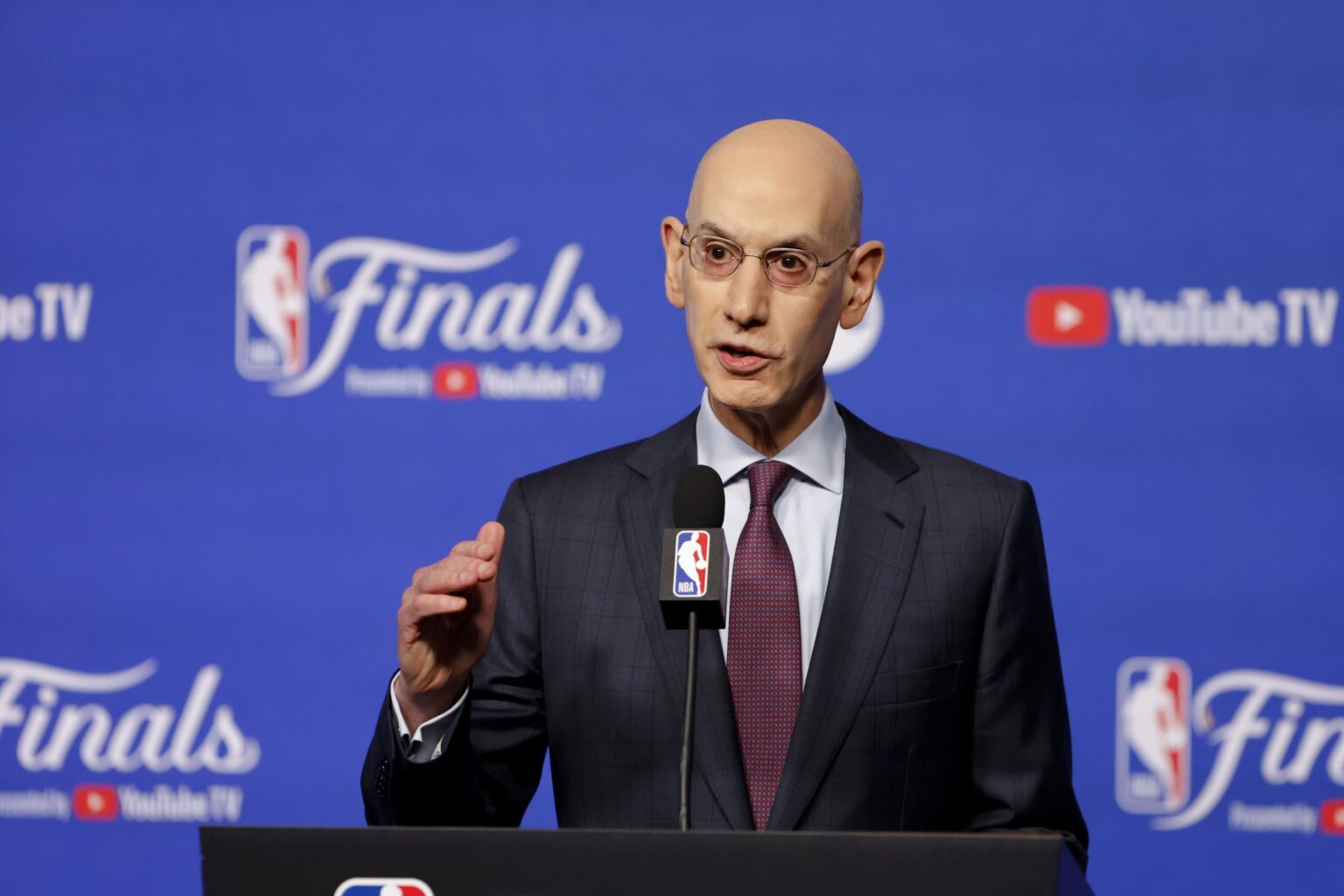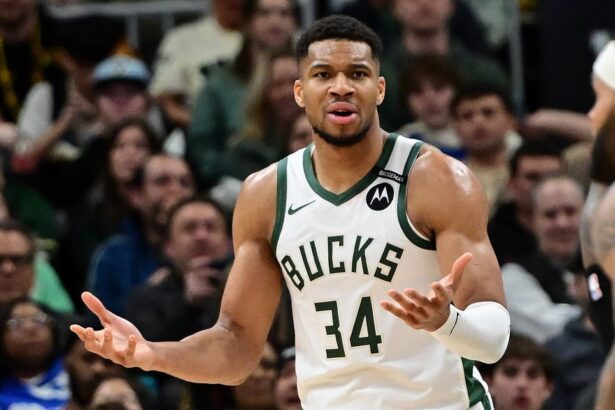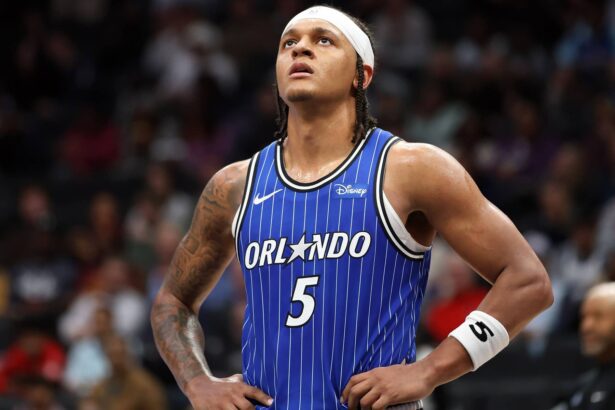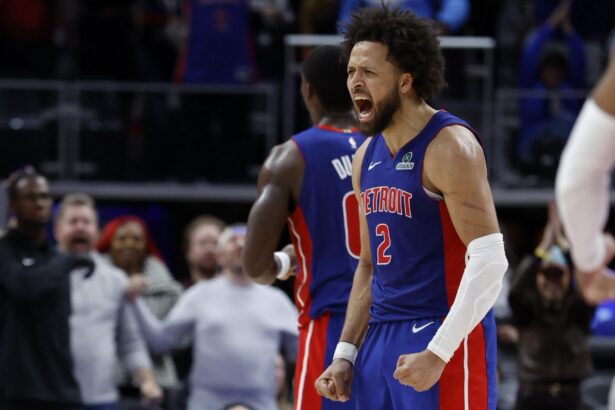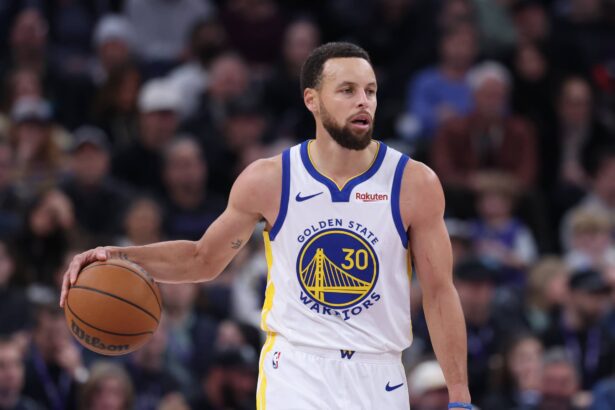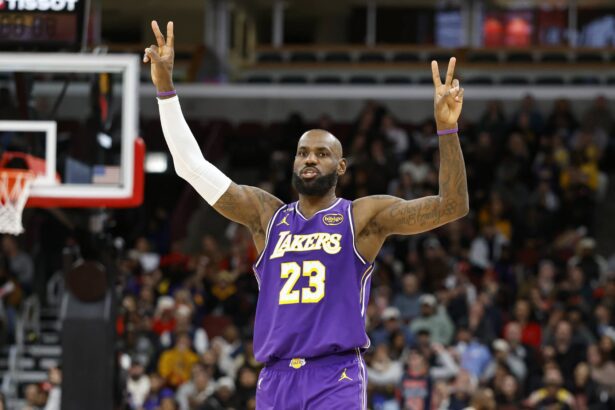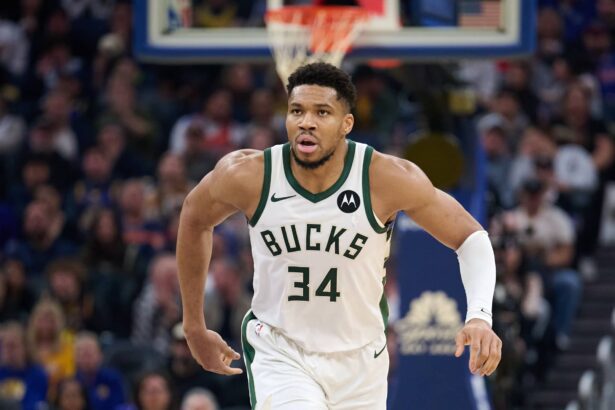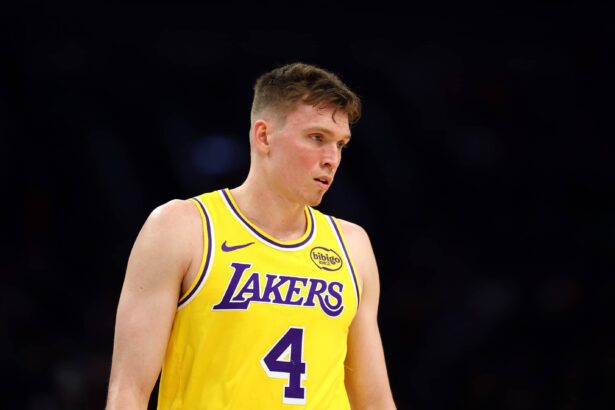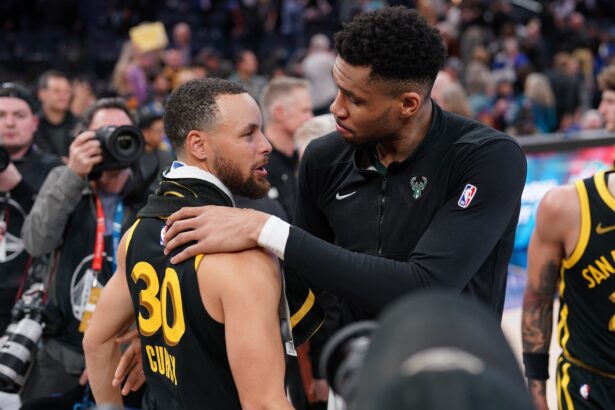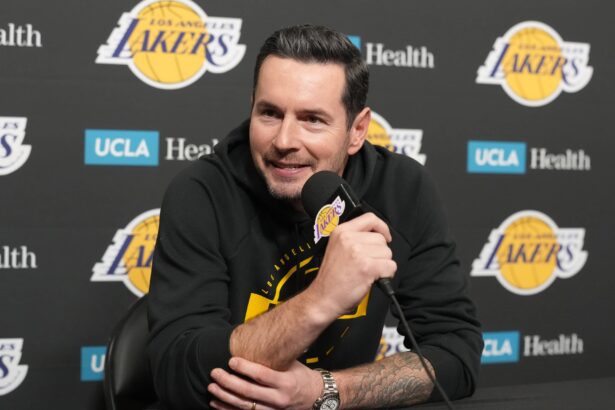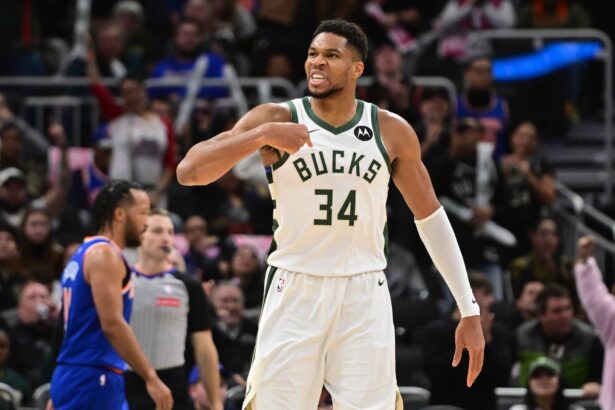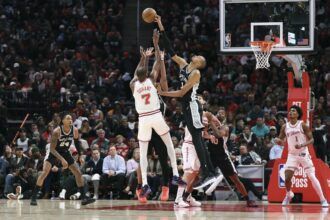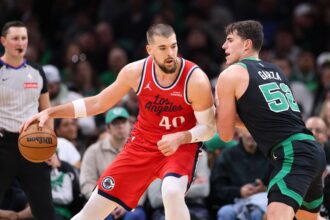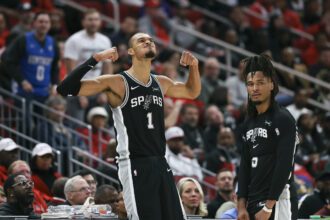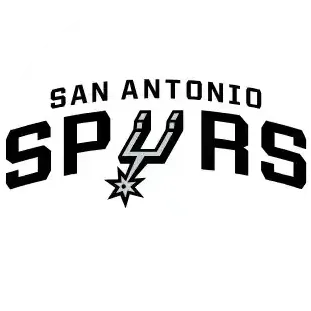Pablo Torre isn’t backing down in his investigation into Steve Ballmer, the Los Angeles Clippers, and their alleged salary cap circumvention tied to Kawhi Leonard’s Aspiration deal. On Pardon the Interruption, Torre went further than before, calling the scandal the defining challenge of Adam Silver’s run as NBA commissioner.
“I believe this is the biggest test of Adam Silver’s tenure as commissioner. And I say that knowing that there are other candidates. But he came in with Donald Sterling. That was, in retrospect, an easy call. Documentary evidence. A tape. In three days, they said, banned for life.”
“This, poetically almost bookending that, Ballmer coming in because of that, Ballmer now being at the heart of a story, Tony, in which he poured in $118 million over 18 months, tracking alongside secret payments no one knew about to Kawhi Leonard that total $28 million in a no-show endorsement contract and $20 million more in a stock deal that he was signed to.”
“We’re talking about $48 million outside of the cap, paid by the richest donor in all of sports. And so the question for Adam Silver, to be blunt about this, is do the rules matter? You’re a steward of integrity, the inconsistency of commentary around what you knew.”
“And in honor of Robert Redford this week, what did you know and when did you know it? That question applies to the commissioner, in terms of how he himself has been presented, as well as the investigation, which has taken, for me, many sources and 3,000 pages of documents.”
The stakes here, Torre argues, are bigger than even the Sterling fiasco. In 2014, Silver famously made history by banning Sterling for life after racist comments were leaked.
It was the rare moment where a commissioner directly and publicly forced out an owner. Other leagues have leaned on reputational damage or quiet pressure, but Silver did it with no hesitation and no negotiation. That cemented his reputation as a commissioner with integrity and a firm hand.
Now, more than a decade later, he faces a very different kind of scandal, one tied to money, rules, and the core of competitive balance in the NBA.
Torre’s reporting alleges that Ballmer and associates funneled $118 million into Aspiration, coinciding with $28 million in “no-show” endorsement payments to Leonard and an additional $20 million stock deal. In Torre’s words, that’s “$48 million outside of the cap, paid by the richest donor in all of sports.”
The question, Torre insists, is straightforward: Do the rules matter?
Silver’s response so far has been mixed. When first asked about Aspiration, the commissioner claimed he had “never heard of it,” despite the company being a courtside sponsor in Los Angeles.
A week later, after Torre publicized that clip, Silver walked his comments back, saying he was “certainly aware” of the company. For Torre, that inconsistency raises its own set of questions.
The parallels to Sterling are hard to ignore. Ballmer, after all, only became Clippers owner because Silver forced Sterling out. Now the man who was hailed as the NBA’s savior in 2014 is the subject of an investigation that cuts directly into the league’s credibility.
If the evidence Torre and others have uncovered holds, then the NBA will need to decide whether it will punish one of its most powerful and wealthiest owners.
For Silver, who built his reputation on decisive leadership, this may be the moment that defines whether his legacy is one of action or of hesitation.

